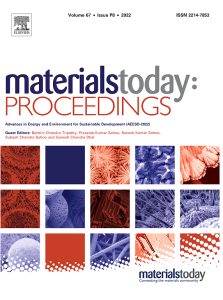Predatory journals — even the term is controversial — have been a vexing problem for many years, and have certainly been a subject of coverage at Retraction Watch and elsewhere. We’re pleased to present an excerpt a new book, The Predator Effect: Understanding the Past, Present and Future of Deceptive Academic Journals, by longtime publishing industry observer Simon Linacre. The citations in the text can be found in the book, which is available open access.
The problems facing authors with regard to predatory journals can be summed up with the plight of an academic this author met in Kuwait in the mid- 2010s. Under pressure from his institution to publish in English-language journals, he submitted, paid for, and published an article in a journal that he subsequently discovered to be predatory. In panic, he asked his superior what he should do, and the sympathetic senior academic advised he should publish the article again in a different, more reputable journal.
Not understanding the problems associated with dual publication, he duly submitted the article again, which was published by the second journal. Problem solved, or so he thought, until a certain publishing executive gave a presentation at his institution and described the breach of publication ethics surrounding the submission of the same article to two different journals.
The moral of this story? Well, for one, authors should be very much aware of all aspects of publication ethics, which, despite their importance and career-threatening consequences, are rarely taught in any depth at even the most research-intensive universities. However, even if adequate training were given to all postgraduates as potential authors, many would still fall for predatory scams and may even be alerted to the attractiveness of guaranteed publication in a matter of days for just a few hundred dollars.
Continue reading Deceptive Academic Journals: An excerpt from The Predator Effect








